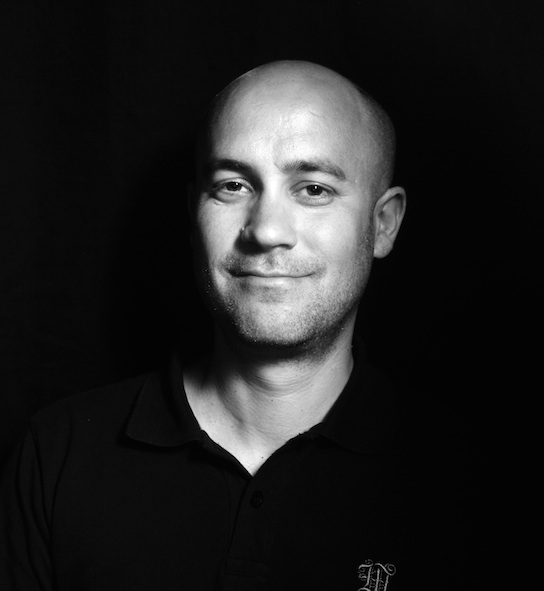
|
Kris LuytenA Secret Weapon to Fight an Army of Underhand Machines |
Abstract: The so-called disappearing computer dictates that hardware and software blends — even hides — within the natural environment of its user. The user often interacts with such underhand computer systems through sensors with which the system observes and analyses the user. This makes using the system transparent and apparently automatic, and lets the users believe the environment is behaving in an intelligent way. However, because these systems tend to act without explicitly involving the user, users might be surprised as to why their environment behaves in a certain way. Moreover, context-aware systems will sometimes make mistakes because of the inevitable incompleteness of information. In this talk we’ll discuss how we should take the power back and demand machines that can account for what they do and how they do it. One key approach — our secret weapon — is to make an environment intelligible, which means the system tries to convey its current state and inner workings to the end-user — preferably when the end-user expresses the wish to be informed and to take control.
Bio: Kris Luyten is an associate professor in Computer Science at Hasselt University and member of the Human-Computer Interaction lab of the iMinds research institute Expertise Centre for Digital Media. His original, and still ongoing, research interest is finding new techniques and methods to engineer and use context-aware interactive systems. Since a few years, he is working within and with his team on various aspects of creating more accessible, usable and approachable ubiquitous systems. One keyword that comes up very often while doing this research, is intelligibility in its various shapes and forms. He thinks writing a bio in third person is a bit weird and likes to point to his website for more information on his endeavours in research and teaching: www.krisluyten.net
Lire l'interview de Kris Luyten

|
Nicolas NovaScience-Fiction, interfaces et design fiction |
Résumé: Pour les chercheurs en IHM, les technologies présentées dans les oeuvres de science-fiction présentent un attrait particulier. Elles fournissent en quelque sorte une représentation des imaginaires techniques potentiels, tout en étant influencées par les craintes et les espoirs de l’époque qui les voient naitre. Cette présentation abordera les relations mutuelles entre représentations des technologies du futur dans la science-fiction et le design d’interfaces. En s’appuyant sur divers projets de “design fiction” menés au Near Future Laboratory, elle montrera le rôle du champ du design et des spéculations quant au futur des technologies numériques. En particulier, la présentation s’intéressera à la façon dont ces projets produisent des visions alternatives à celles des grandes sociétés technologiques; en particulier en se penchant sur les échecs et les frictions causées par les nouvelles interfaces en cours de développement.
Bio: Nicolas Nova est co-fondateur du Near Future Laboratory et professeur à la HEAD-Genève (Haute-Ecole d'Art et de Design), où il enseigne l'ethnographie, l'histoire des cultures numériques et la recherche en design. Il est titulaire d'un doctorat en interaction homme-machine de l'EPFL (Lausanne, Suisse) et a été chercheur invité à Art Center College of Design (Pasadena, California). Auteur de "Joypads! Le design des manettes" (Les Moutons Electriques) avec L. Bolli et "Curious Rituals: Gestural Interactions in the Digital Everyday" (Near Future Laboratory Press), il est également responsable éditorial de Lift, conférence internationale sur l'innovation et les usages des technologies. Il s'intéresse à la recherche en design, aux questions d'usage et de prospective en lien avec les technologies numériques.